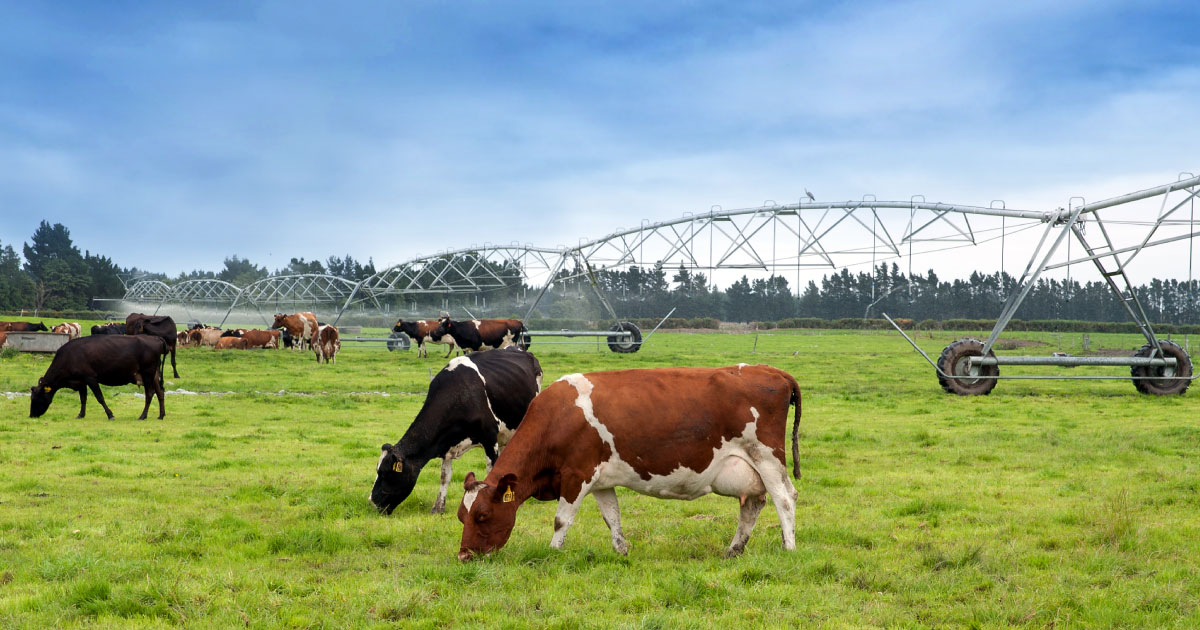Consents – they need your attention!
It’s common for us to overlook the importance of regularly reviewing our consents. By neglecting to review them we increase the likelihood of non-compliance, we could miss an opportunity to ensure the consents are appropriate for what we want to do, as well as potentially missing other opportunities the consents may provide.

Reviews can identify where there may not be full compliance, allowing corrective action to be taken before regulators intervene. It’s important to understand that consents are not set in stone. Some aspects of them can be altered to better reflect the needs of the farming operation. If changes are required, they can often be made without putting the consent at risk. On many occasions consent holders have said that they are nervous about altering a consent as they feel that Environment Canterbury (ECan) will impose more restrictive conditions. This is not typically the case and if you have sought advice from a reliable source, you will understand what is likely to happen and whether there are any risks involved.
Keeping track of expiry dates of consents is particularly important. Prior to consents expiring ECan write to the consent holder informing of the date of expiry. However, ECan are not obliged to do this and sometimes letters can go missing – either before or after delivery! This means that you cannot rely on this process to alert you when your consent is expiring. Do you know when yours expires?
Why is knowing the expiry date important? It’s not just important, it’s vital! Replacement applications must be submitted to the council well before the expiry date. They need to be lodged at least 6 months prior to this date. In over-allocated groundwater zones, if a replacement application for the take and use of water is not submitted more than 3 months before expiry, ECan will not be able to receipt the application. In other words, the consent cannot be renewed. This obviously has huge consequences and so it’s vital that all consent holders track expiry dates. It’s recommended that you commence the renewal process by contacting your consultant at least 18 months prior to the expiry date of the consent.
Another key element to keep an eye on is that all conditions of the consent are being complied with. For water take consents this includes ensuring water meter data is being reliably collected and that the data is correct. This will be used to support your application when it is renewed and without reliable data your case for applying for all the water you want may be weakened.
Some consultancies offer a consent Warrant of Fitness (WOF) service, which reviews consents to ensure that they are still enabling the farming operation to do what is needed. This process also considers what may be required when replacing the consent and identifies what can be done now to help with the renewal process. It can also look for opportunities that the consents may provide should they authorise something more than the current activity. For example, advice can be provided on options should there be spare water allocation.
Don't overlook the importance of regularly reviewing your consents. Contact your consultant that helps you with consent related issues and see whether they can carry out a WOF check on your consents.

